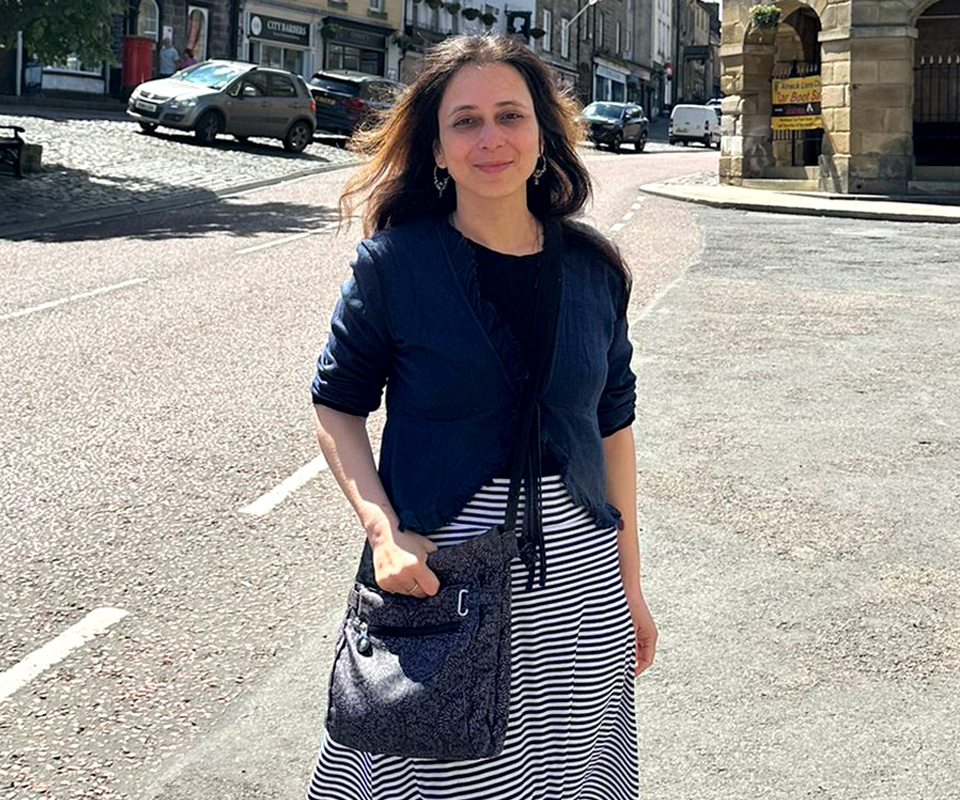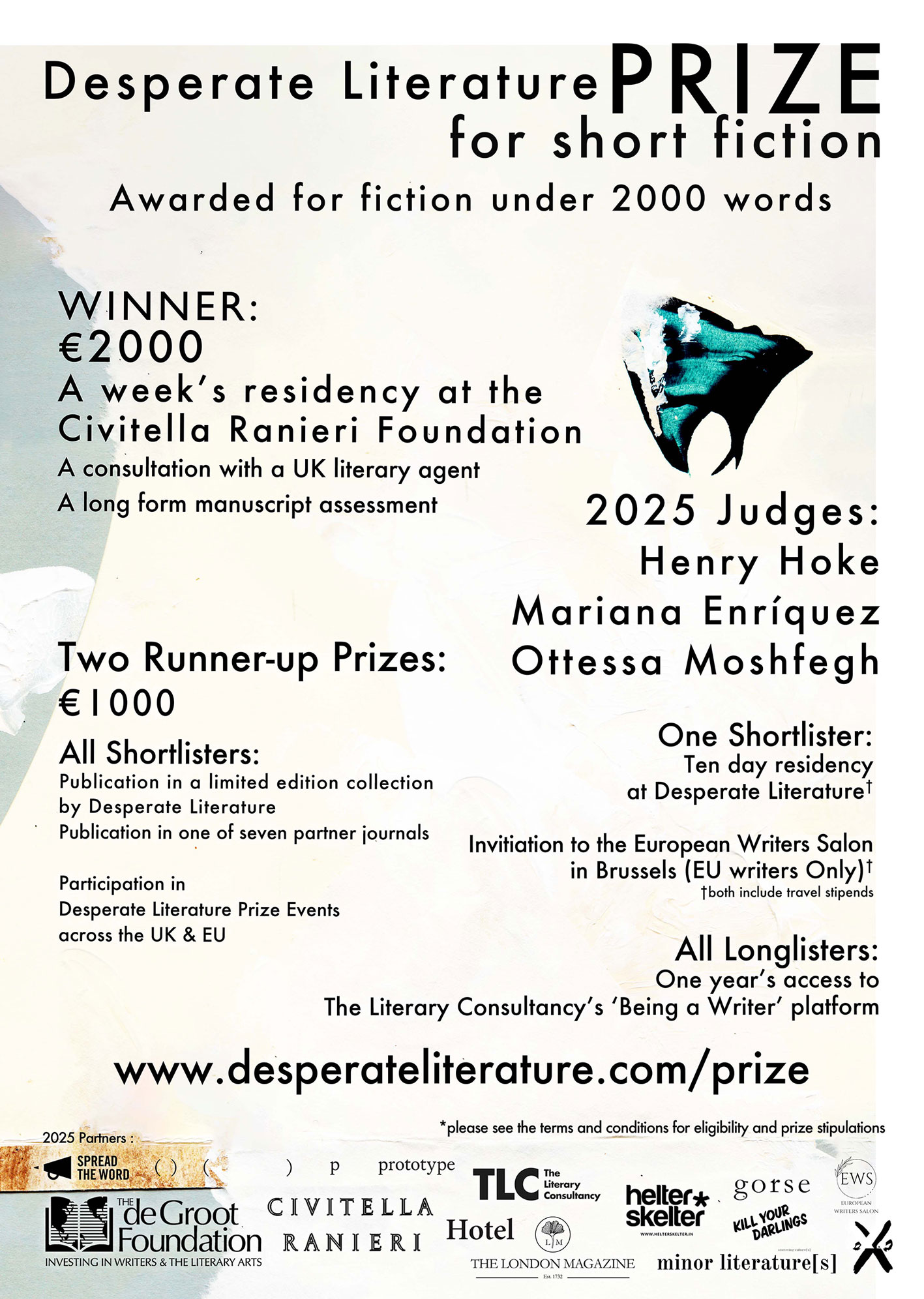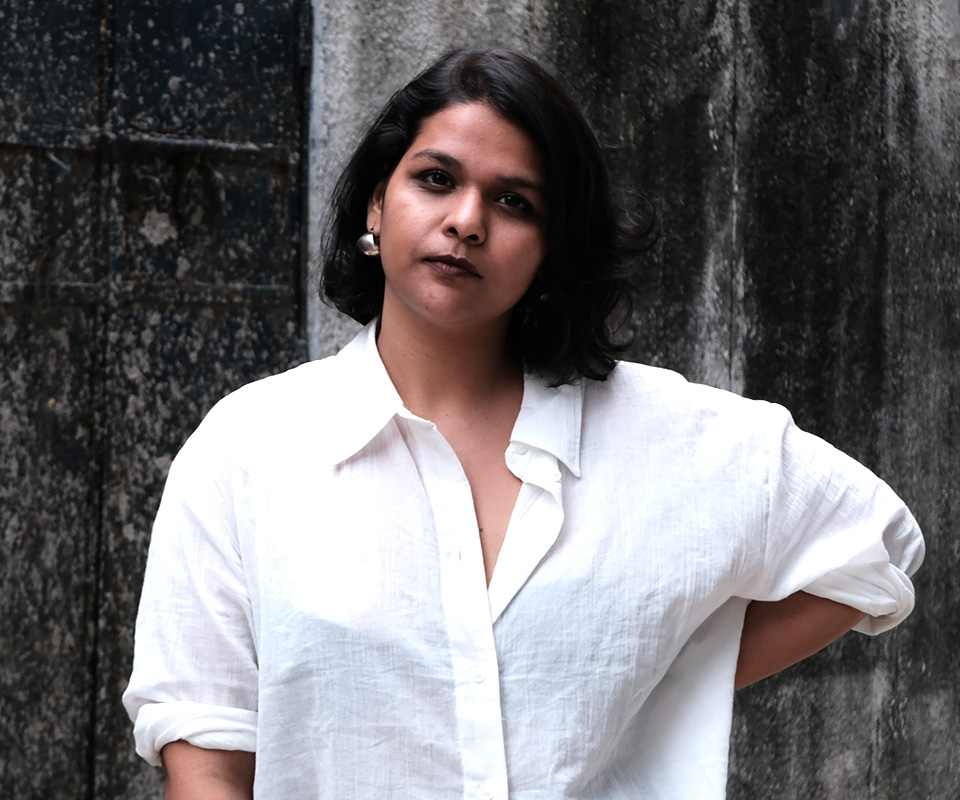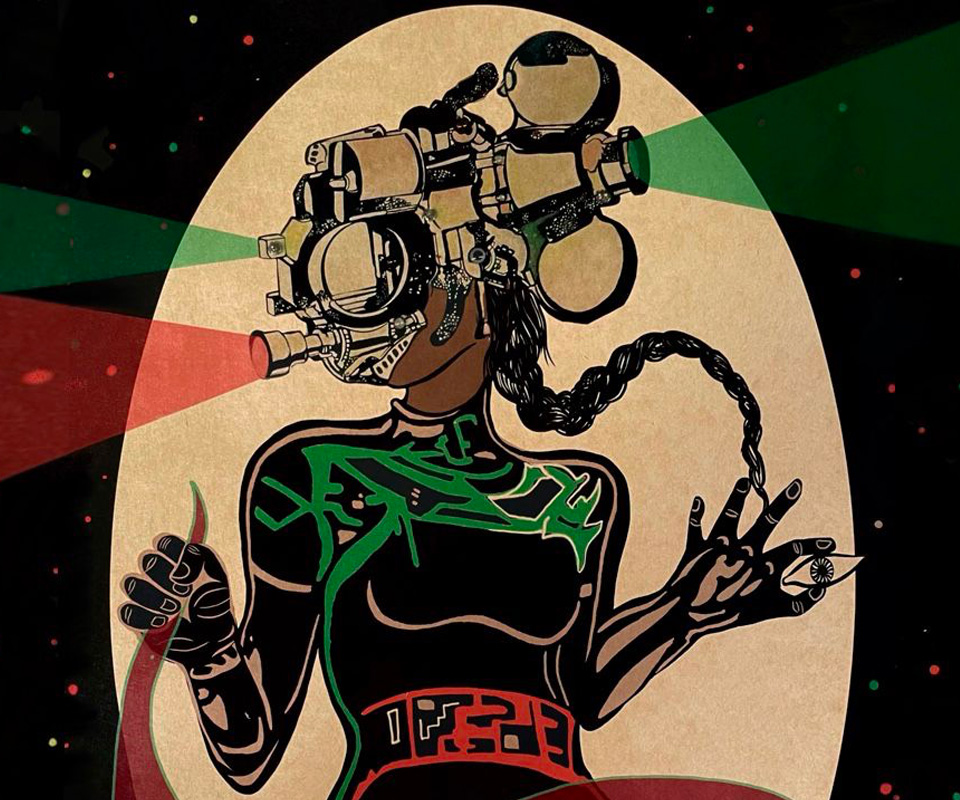Pavlovian Patches of Writing
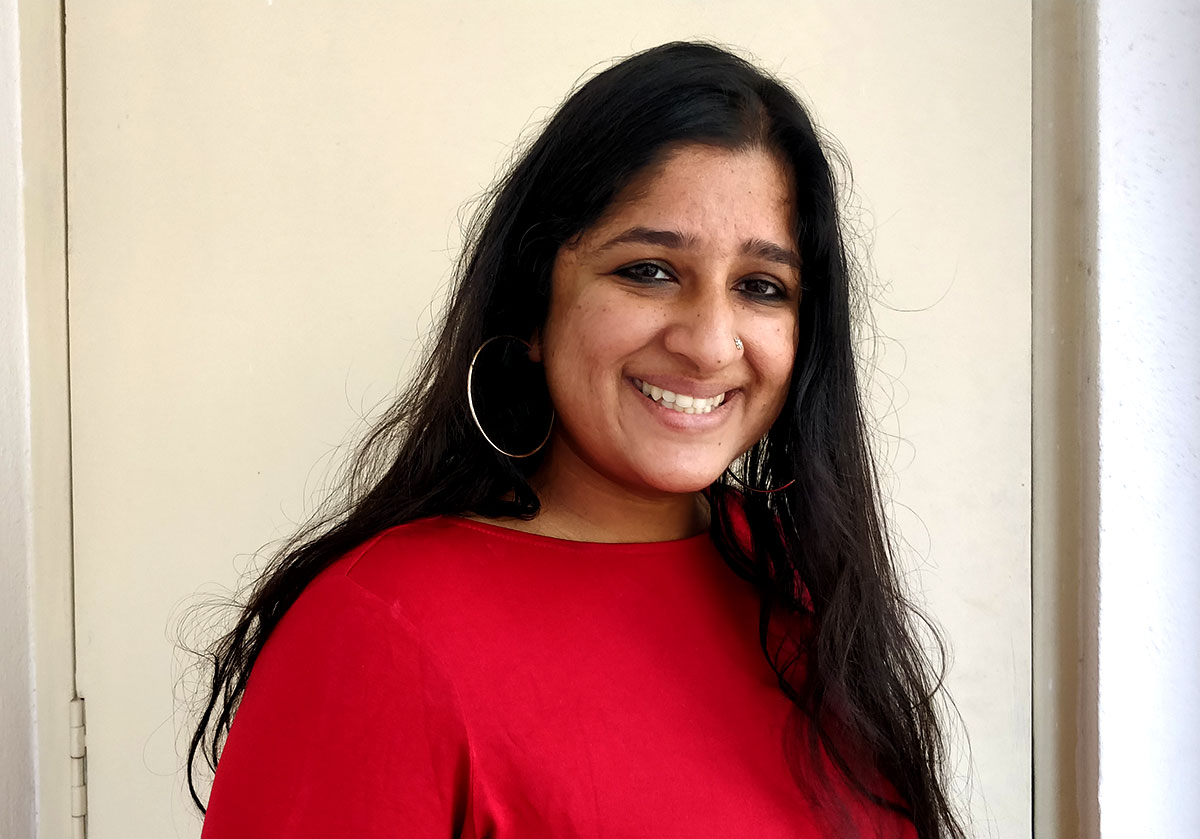
The Women Who Forgot to Invent Facebook and Other Stories (read an excerpt) is prolific writer and veteran media professional Nisha Susan's debut short story collection.
The stories here are sad-funny, serious-absurd, and never predictable; they delight as often as they take you by surprise. An assortment of characters jostle for your attention with their sharp one-liners, ways of diagnosing the world and quandaries and life-stages they find themselves at—whether the disagreeable discovery that their once daring bad-girl friends are turning into happy nuclear-units or falling in love and heartbreak with music, lovers or work that promises belonging. You feel you may have met them, or someone like them before—at a youth festival dance competition in Thiruvananthapuram or in a newsroom in Delhi. Or perhaps you recognise in their perfect tipsy-afternoon a strain of what makes your own dil garden-garden. Then there is the other big character in the collection—the Internet and technology, how it has changed and changed its users in the past decade. Read on for an interview with Susan about the writing of the collection, her own storytelling influences, the subject of endings, flawed protagonists that provide a jolt of recognition to real-life sinister and not-so-sinister things, and much more.
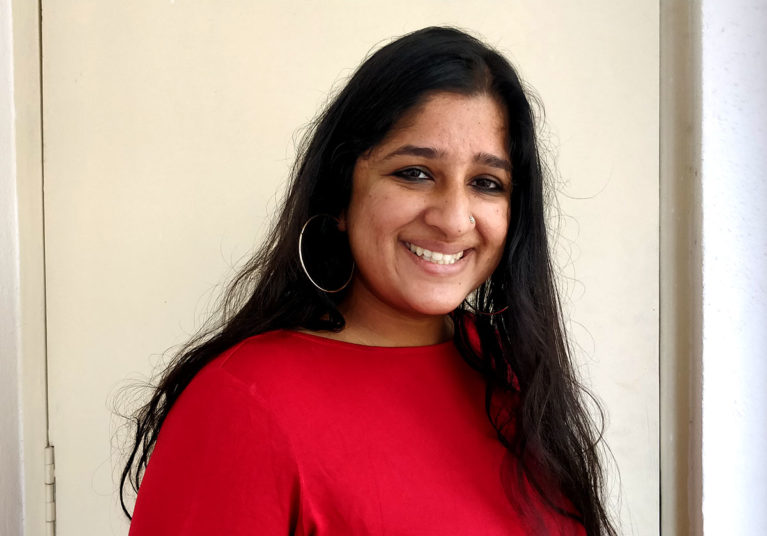 Disillusionment or dissatisfaction seems to be a theme running through the book---whether from work as salvation or friendships that transform. It could be said that there aren’t too many happy endings---or neat sense of catharsis at all (except for maybe the Singer who rises to sing at 5 a.m). Talk a little about this. Would you say in your writing you have a preference for the unresolved note---and how do you think about this as a reader yourself? As a reader I enjoy Happy and Resolved Endings. I read a lot of romance and mystery novels which guarantee you satisfying endings. (Apart from the marvellous Tana French who has screwed with all of us neat-ending lovers by going so far beyond the withholding of satisfaction to a point where you ask yourself what kind of a loser you are for ever wanting satisfaction.) I feel like the characters in my stories get the endings they deserve. The Singer is generally sprightly like a rubber ball and likely to find chill where no one else will. Sabbah at the litfest gets a revelation about readers and reading in the middle of a crowd which no else would have got. Sheela seeks a bureaucratic solution for an existential crisis, that’s who she is. Their (fictional) lives carry on but this is where this story ends. That’s like all of us, na? Also on the subject of endings: my friends and I read Zadie Smith’s On Beauty together and were quite obsessed by it. When the book ended without telling us what happened next to Kiki Belsey, without giving us satisfaction, we were very grumpy. Instead the last section was about her boring husband Howard. Then it struck one of us in the middle of the night ki maybe this was a joke Zadie Smith was having at our expense, because after all, the book was an homage to E M Forster’s... Howard’s End. I have always wished someone would ask Zadie Smith. As someone who’s been writing in public for years, founded not one but two media institutions, your actual book has come pretty far along in your career. Tell us a little about the writing of the book over the years. When and how did you make the time and headspace to do it, what was absolutely essential for these stories to germinate and take full form? (Writers are fond of saying it’s useless to ask these questions, most writers are also incorrigibly interested in other writers’ workspaces, routines, fountain pen vs laptop preferences, etc.) The answer about this book’s timing is right there. I always wrote to deadlines more immediate than the slightly abstract deadline of a book. In the end, what made the book come together finally is my agent Jayapriya Vasudevan and my editors Karthika V K and Ajitha just making the book deadline super do-able (and my embarrassment): “You can do it.” plus “You need to do it.” Half the stories in the book were written fresh for the collection, and the others were written over the years. Many happened when I was part of some writing-reading community. I was part of writing groups. I had close friends who were full-time writers and others who were full-time readers. Producing new work in those contexts is always satisfying. You get read, you get read seriously, the responses are fun to work with. The absolute best thing that has happened since my book has been published is this literary essay written by Nikhita Thomas, the young student of a writer-teacher friend of mine, Vijeta Kumar. Reading the essay (Do Nisha Susan and I know the same people?) was thrilling at so many levels. It’s great writing. It’s deeply flattering. It chronicles a kind of genealogy of feminist writing in the world that this writer and I share. It chronicles our fandoms and friendships. It takes reading and writing seriously. And while the writer Nikhita is obviously a brilliant and original woman on her own steam, it is a kind of writing that happens only when her teacher Vijeta has helped create this big and generous space for readers and writers to grow in. That essay is my vision of a literary utopia. The flip side of my loving whichever deadline is closest is that I like deadlines. I have been able to write happily to deadlines my entire adult life. I can write almost anywhere. When sitting down to write, I try to flip open the laptop and get a few lines down before responding to any discomforts. If Word is not working I will quickly write on Google Drive. If I am feeling thirsty I will wait. If there is a glare in my eye I will wait… you get the picture. But once I have gotten going, I know that getting up from my desk to sort whatever will only be a brief interruption. I usually stream some old T.V. show that I have seen zillions of times for white noise and wear headphones. These days it’s so Pavlovian that I plug in the headphones and I can get started. Only half an hour later do I notice that the show has ended or the Internet has died or I never started the show. It’s just habit. I have two toddlers so the last few years with them have taught me and my husband to work much faster and more efficiently than we ever have. Living with them has taught me that I can tolerate the dullest, dreariest domestic drama filled days if I have a patch of writing somewhere in there. Living with two toddler readers also makes you take books and re-reading seriously if ever you had stopped. Elsewhere, you have mentioned that the moral of your book seems to be work = will save you, female friendships = what you would take to a desert island at their best, and romantic entanglements = besides the point. Still, the acknowledgement rather wonderfully says, ‘As a writer if you must marry, then it is wise to marry Gaurav Jain’. Can you tell me a little about the role of romantic partnerships in a life as a working writer? You know, romance is super conducive to creativity. I have been super productive in the middle of massive crushes and even in the down-in-the-dumps phases of those crushes. The other party often has very little to do with this. You are just lalalala let me get my eyebrows done and let me bang out 20,000 words and let me be kind to my friends. And when it’s over you are let me cut my hair and totally fake lalala and bang out 10,000 vicious words. The downside is, of course, that it takes a lot of energy and you are frequently exhausted and want to lie down and swear off romance forever. Marriage, on the other hand---I have always been suspicious about how it turns out, even with the best of intentions. Until I met Gaurav I never really wanted to marry anyone. But we knew a couple of things about each other for sure. We worked well together, we used work as a Vicks Vaporub type solution for everything, we were sentimental about similar things and cynical about similar things. We believed in beauty above politics. We both believe in being transparent about affection. Being loved and respected consistently for years is like gym+spa+therapy. It’s been (touch wood, touch wood, touch wood) great for my life and really great for work. I am also superstitious so I don’t want to say any more! 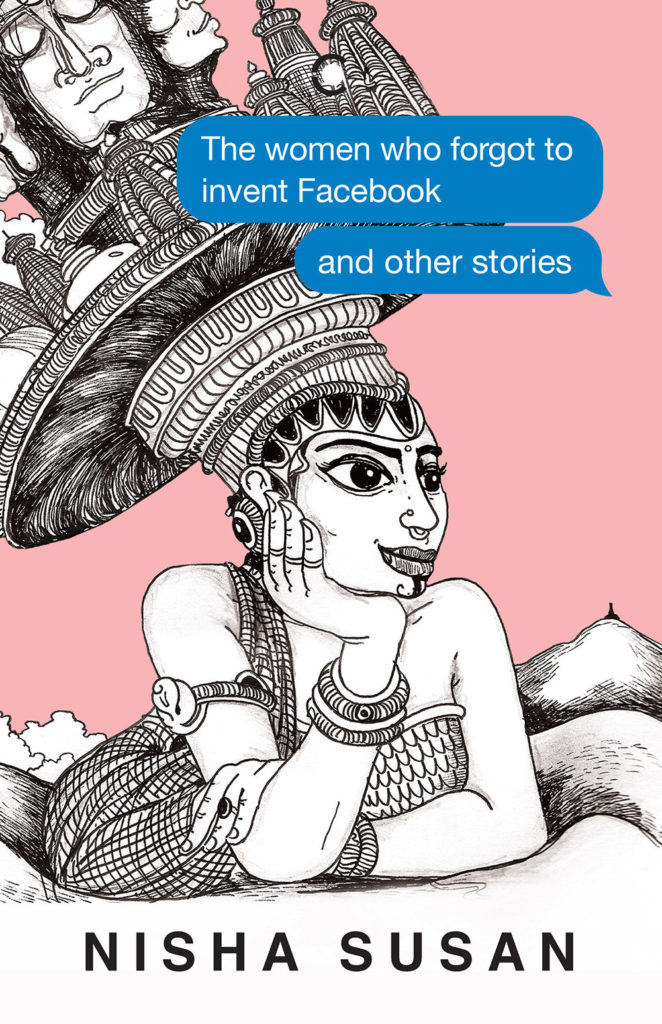 The Triangle (read an excerpt) is arguably an entire story about fantasy and feeling sexy. Often (not to homogenise), what makes women in heterosexual relationships feel sexy is not the physical urge itself but feeling desirable. I was thinking of the videos that brought many of us third-culture Gulf-return kids (lol) our first taste of sexual maturity---‘Kaanta laga’ and Rouge’s ‘Feel My Body’ and all that. Can you talk a little bit about this story? Why did you include it? It is one of the only stories in which technology doesn’t really make an appearance. What were you hoping for? To me, the ludicrous fantasising read very true to life and a little silly---the way it feels in real life. One would argue that vast tracts of literary canon are the horrifying and silly sexual fantasies of men. Not just the hilarious anatomical boo-boos collected in places like Men Write Women. But you know those daydreams were/ are called poetry or coming-of-age stories or mid-life crises or any T.V. show on the old days of H.B.O. The feeling “that women in heterosexual relationships feel sexy is not the physical urge itself but feeling desirable” might come from reading books endorsed by a patriarchal culture. Women feel horny all by our ownsome. With this particular piece, I wanted to see if I could write a sexual fantasy that could both generate a nice heat, get some giggles of recognition from women readers and work as a piece of fiction. I read 'Teresa' soon after the awful Netflix remake of ‘Rebecca’. That switch from the insecure, gauche awkwardness that makes Du Maurier’s nameless protagonist unforgettable and intensely relatable, to a protagonist more detached, obsessing over the Internet-footprint of a partner’s ex in a kind of addictive horrible thrill but without the insecurity is a massive change. Not to mention the drollness of a Rebecca analogue “striding out of the pasta place”. Why did you choose Rebecca to retell, and in a sense invert completely the dynamics? Having never been quiet or shy in a culture that admires quiet women, growing up, I used to have a healthy suspicion of demure women. Out of my paranoia came the impression that quiet women while being overlooked are looking you over. And judging you solidly. I liked the idea of the second wife here not just having a secret trove of insights into Teresa, but also into their scene and everything the people in that scene that they take for granted. I know Malayali women like that, with ironed clothes and ironed smiles, who you make the mistake of condescending to. Then at the worst time possible---in front of 20 people---they will tell you that your fly is undone.
